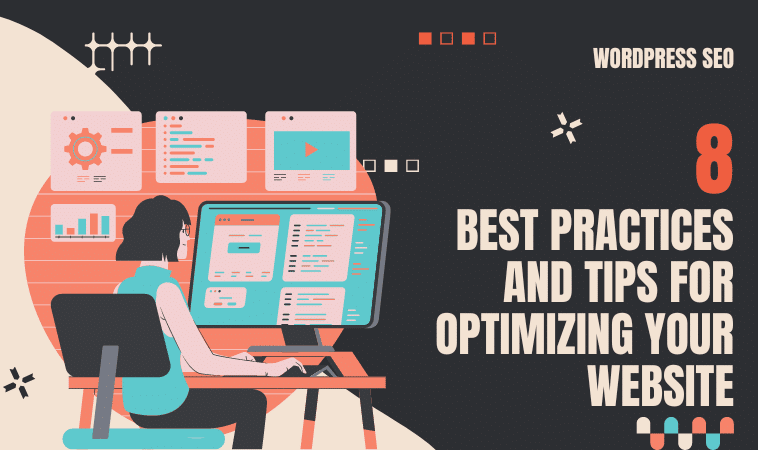One of the most widely used content management systems (CMS) worldwide is WordPress, and for good reason. It’s easy to use, adaptable, and SEO-friendly. The fact that WordPress is SEO-friendly does not, however, guarantee that your website will rank highly in search engines. You’ll still need to optimize your website for search engines and adhere to recommended practices. In this article, we’ll go over some best practices and pointers for making your WordPress website SEO-friendly.
Permalink Structure
Make sure to select a permalink structure that is SEO-friendly when setting up your WordPress website. The ideal choice is to use the post name, which makes your website’s URLs simple to read and comprehend for both users and search engines.
Title tags and meta descriptions
For SEO purposes, title tags and meta descriptions are important since they inform search engines about the content of your website. Make certain that the keywords in your title tags and meta descriptions are appropriate, distinctive, and descriptive.
Use Headings
You may organize your text and make it easier to read by using headings. Additionally, they aid search engines in deciphering the layout of your page. Use headings (H1, H2, H3, etc.) appropriately and incorporate keywords into them.
Images Optimization
Images are an excellent way to add attention and engagement to your website. If not correctly optimized, they may however cause your website to load more slowly. Before submitting your images to your website, make sure to give them appropriate file names, alt tags, and compression.
Sitemap
All the pages on your website are listed in a file called a sitemap. Because it enables search engines to find and index all of your pages, it’s crucial for SEO. To make sure that all of your pages are indexed, be sure to submit your sitemap to Google and Bing.
Speed Optimization
For SEO, website speed is a key component. Your search engine rankings may suffer if your website is too slow, and visitors may leave in frustration. To speed up your website, make sure to optimize your photos and install a caching plugin.
Mobile Optimization
Make sure your website is mobile-friendly because more and more people are using mobile devices to access the internet. Make sure your website is mobile-friendly and displays beautifully on all devices.
Link Building
Creating links to your website from other websites is a process known as link building. Your website will rank higher in search engines if there are more authoritative links pointing at it.
In conclusion, optimizing your WordPress website for SEO requires for more than simply installing a few plugins. Technical, content, and link-building optimization must all be used in conjunction. You’ll be well on your way to optimizing your WordPress website for SEO and improving your search engine rankings by paying attention to the best practices and suggestions presented in this post.




